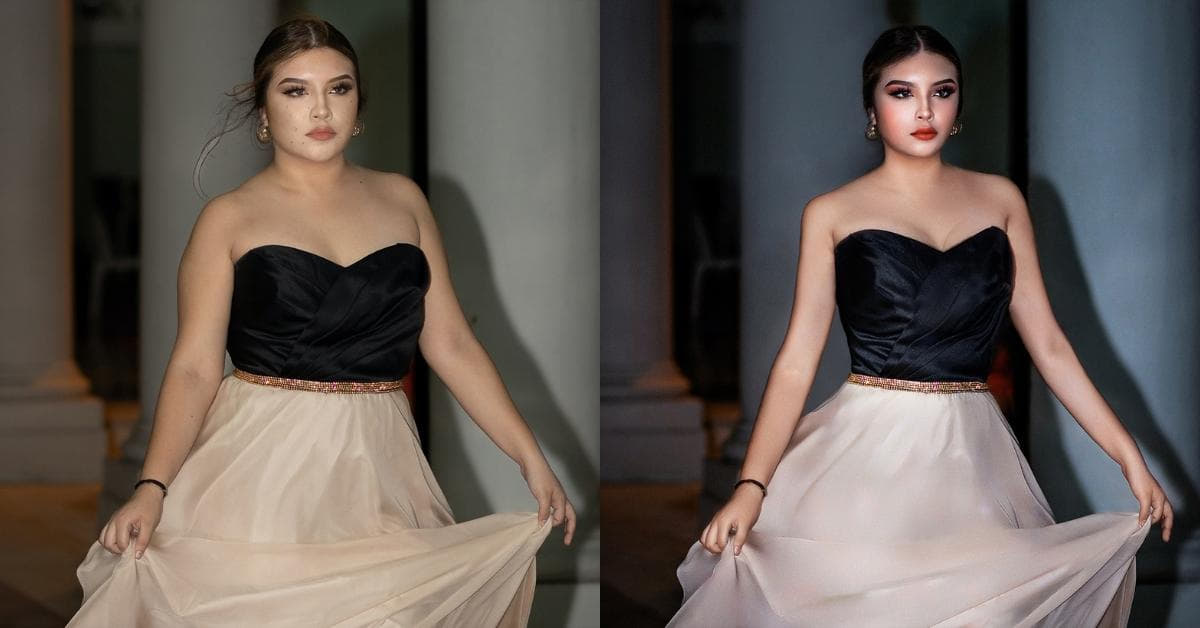In the era of digital dominance, the concept of body image retouching has become increasingly prevalent. Whether it’s in the glossy pages of magazines or the polished images on social media, the pursuit of the ‘perfect’ body has given rise to discussions on the psychological and societal implications of these digitally altered representations.
Body Image Retouching Defined
Body image retouching refers to the digital manipulation of a person’s appearance, often done to enhance or alter their body shape, skin tone, or features. This practice has become a standard in the fashion, beauty, and entertainment industries, where the quest for an idealized physical form is perpetuated.
The Positive Aspects Of Body Image Retouching
- Enhanced Aesthetics: Body image retouching allows for the enhancement of aesthetic qualities in photographs, providing a polished and visually appealing look.
- Boosting Confidence: For some individuals, retouching can be a tool to boost self-esteem by temporarily masking perceived flaws and accentuating positive features.
The Dark Side Of Body Image Retouching
- Unrealistic Standards: Continuous exposure to retouched images contributes to the perpetuation of unrealistic beauty standards, fostering a culture of comparison and dissatisfaction.
- Impact on Mental Health: Excessive exposure to retouched images has been linked to body dissatisfaction, low self-esteem, and even the development of body dysmorphic disorders.
Navigating the Controversy
- Promoting Authenticity: Brands and influencers are increasingly adopting transparency by showcasing unretouched images, promoting a more authentic and inclusive representation of beauty.
- Digital Literacy: Encouraging digital literacy can empower individuals to critically assess retouched images, fostering a healthier relationship with media representations.
FAQs
Q1: Is body image retouching only done for models and celebrities?
A1: No, body image retouching is prevalent across various industries, including social media, where individuals often use filters and editing tools to enhance their photos.
Q2: Can body image retouching be considered a form of deception?
A2: While retouching and photo editing aims to enhance aesthetics, excessive manipulation can contribute to a distorted perception of reality. It’s essential to strike a balance between enhancement and authenticity.
Q3: How can one promote a positive body image in the age of retouching?
A3: Promoting self-love, embracing diversity, and encouraging open conversations about body image can contribute to a more positive and inclusive societal mindset.
Conclusion
Body image retouching is a double-edged sword, offering both aesthetic enhancements and perpetuating unrealistic standards. Striking a balance between embracing authenticity and acknowledging the impact of retouching is crucial for fostering a healthier societal relationship with body image. As we navigate this digital age, promoting self-love and digital literacy becomes paramount in embracing our unique, unaltered selves.
This page was last edited on 28 February 2024, at 10:13 am
